June 3, 2025 | 11:59 GMT +7
June 3, 2025 | 11:59 GMT +7
Hotline: 0913.378.918
June 3, 2025 | 11:59 GMT +7
Hotline: 0913.378.918
The petition document clearly states that businesses exporting cinnamon essential oil in Lao Cai and Yen Bai are currently facing difficulties in exporting when all essential oils must apply regulations on trading medicinal herbs.
This is not consistent with the production conditions, products and consumer markets as well as the small-scale processing capacity of the current Vietnamese cinnamon essential oil processing industry.
Therefore, it generates a lot of costs, requiring additional, conditional business licenses while this is a value-added product, helping to exploit and maximize 100% of the value of cinnamon trees.

A document from the Vietnam Pepper and Spice Association was sent to the government office proposing removing obstacles in cinnamon essential oil export regulations. Photo: Trung Quan.
Cinnamon essential oil products require processing technology and create added value for the product, being a reclaimed product of the cinnamon tree (pruned branches and leaves have a high production rate, 150 tons of leaves and branches produce 1 tons of essential oils) and are not used as medicine but are only exported as raw materials for food and beverages according to import market requirements.
On March 4, 2021, the Ministry of Health issued Circular No. 03/2021/TT-BYT on partially abolishing the regulations in Appendix 1 issued with Circular No. 48/2018/TT-BYT, the Extracts from medicinal herbs, medicinal essential oils, traditional medicines, and imported and exported herbal medicines are determined with commodity codes according to the list of Vietnamese export and import goods.
Accordingly, some categories of goods, such as oranges, ginger, lemons, cinnamon, and cinnamon bark, are abolished. In case the exported or imported goods specified in the Appendix issued with Circular 03/2021 are used to make medicine and medicinal ingredients, the provisions of legal documents shall be followed about medicine.
On September 25, 2023, the Minister of Health issued Circular No. 17/2023/TT-BYT amending, supplementing, and abolishing some legal documents on food safety.
Accordingly, articles were amended in Circular No. 24/2019/TT-BYT dated August 30, 2019, regulating the management and use of food additives; Clause 4, Article 5, Circular No. 24/2019 stipulates: Flavorings used in food include flavorings that have been evaluated and determined by JECFA to be safe at expected intakes or acceptable daily intakes (ADI). These flavors must meet the respective technical requirements for identity and purity; and comply with the provisions of National Standard TCVN 6417:2010 guiding the use of flavorings and specific regulations in this Circular.
Article 4 of Circular No.17/2023 stipulates that flavorings used in food include flavorings belonging to one of the following categories: Flavorings that have been evaluated by JECFA and determined to be safe at the expected intake amounts or acceptable daily intake (ADI). Fragrances are Generally Recognized as Safe (GRAS) issued by the American Flavor Extract Manufacturers Association (FEMA). Flavorings for use in European Union foods issued by the Parliament and the Council of the European Union.
The current regulation and management of cinnamon essential oil, according to the above regulations, has caused difficulties for businesses wanting to export this product. In the raw material area, there are currently about 100 tons of cinnamon essential oil in stock, and it is estimated that by the end of the spring cinnamon crop in March-April 2024, there will be about 400 tons more. The market value is about VND 400 million/ton.

According to VPSA, the raw material area currently has about 100 tons of essential oil in stock and it is estimated that by the end of the spring cinnamon crop in March-April 2024, there will be about 400 tons more. The market value is about 400 million VND/ton. Photo: TL.
On that basis, VPSA recommends that the group of essential oils in general and cinnamon essential oil in particular be a dual-use product group, currently used for huge food needs in the world; In the future, other Vietnamese spice crops will also have the ability to develop deep processing of essential oil products. Therefore, VPSA believes that management needs to create conditions to support maximum exports, especially the export of value-added products and circular agriculture, to support carbon emission reduction and people's livelihoods.
Previously, VPSA sent a document to the Ministries of Agriculture and Rural Development, Industry and Trade, and the General Department of Customs and proposed that the Ministry of Health consider creating conditions for cinnamon essential oil to be exported according to business declarations, which is Food group is a common export commodity, the purpose of use is not as a medicine or medicinal ingredient.
In case an enterprise exports products that are natural cinnamon essential oil as raw materials for food and beverages, the enterprise must comply with the provisions of Decree 15/2018/ND-CP detailing the implementation of articles of the Food Safety Law. Enterprises must be responsible before the law for the declared content and compliance with the provisions of legal documents on exported goods.
Translated by Tuan Huy

(VAN) The U.S. is the largest market for Vietnamese cashew nuts. However, when exports to the U.S. encounter difficulties due to reciprocal tariffs, Vietnamese cashews still have many other potential markets.
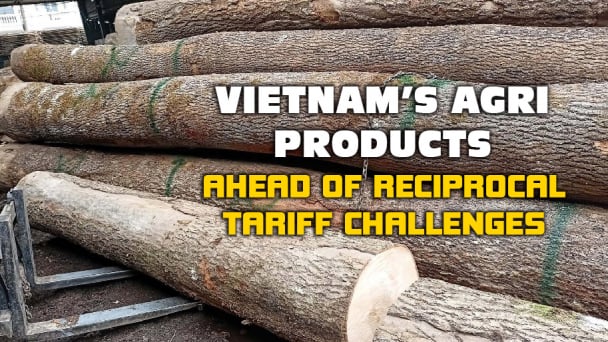
(VAN) Reciprocal tariffs present a significant obstacle to Vietnam's wood exports to the United States; however, domestic wood businesses are endeavoring to preserve their market share in this critical market.
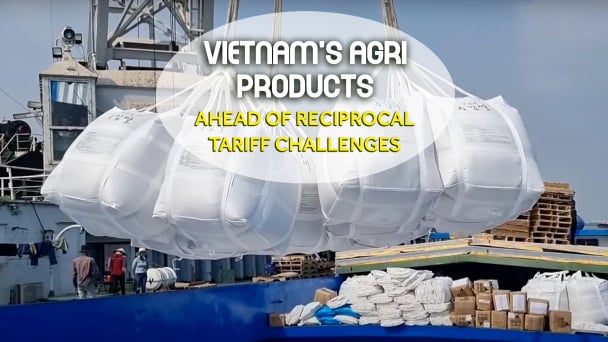
(VAN) Businesses in Vietnam are attempting to export rice to the United States ahead of the implementation of reciprocal tariffs, while remaining their optimism regarding this critical market.
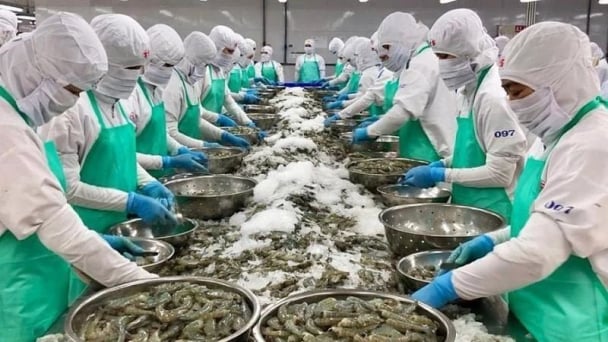
(VAN) From containers of cashew nuts, shrimp to in-depth technical dialogues, agricultural cooperation between Vietnam and the United States is entering a period of sustainable and two-way development.
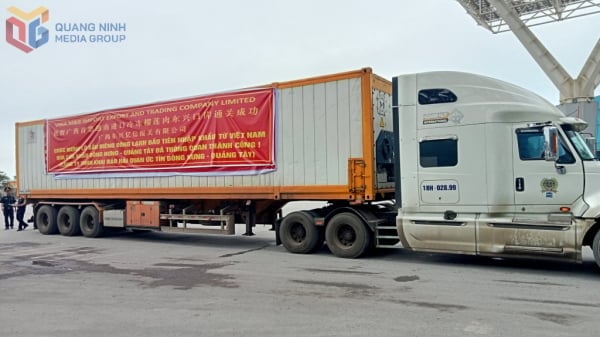
(VAN) After the talks on May 28, Vietnam successfully exported its first batch of frozen durians to China, marking a new milestone in agricultural trade cooperation between the two countries.
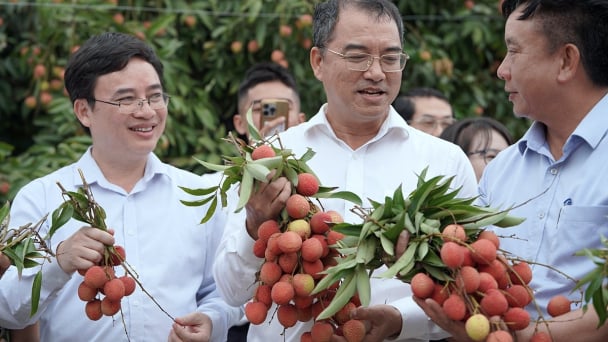
(VAN) Several major companies, such as Red Dragon and Ameii Vietnam, have signed purchasing agreements for the 2025 season, targeting markets including Japan, the United States, and the EU.
/2025/05/30/5010-5-173638_943.jpg)
(VAN) On May 29, at the GO! My Tho Trading Center, the Tien Giang Department of Industry and Trade, in collaboration with Central Retail Corporation, held the opening ceremony of the 3rd Fruit Festival 2025.